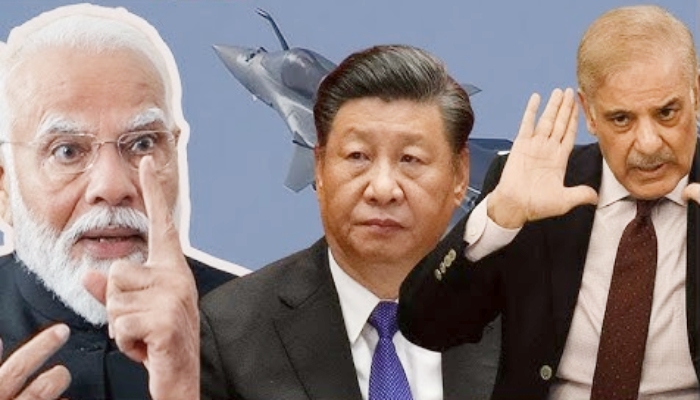Wellington – A new security agreement between China and the Cook Islands has raised concerns in New Zealand and Australia over Beijing’s growing presence in the South Pacific. The agreement, signed last week, marks a significant step in China’s deepening ties with Pacific nations and has prompted calls for a reassessment of regional security strategies.
Agreement Raises Regional Tensions
New Zealand officials expressed unease over the lack of prior consultation before the agreement was finalized. Foreign Minister James Ryan stated, “Our relationship with the Cook Islands is built on mutual trust and cooperation, and any security-related matters should be discussed openly.” The omission of prior dialogue has fueled fears in Wellington about China’s expanding influence in the region.
The agreement reportedly covers maritime security cooperation, law enforcement training, and enhanced trade relations. While Cook Islands Prime Minister Mark Brown has emphasized that the deal is focused on economic development and combating illegal fishing, analysts believe it could also pave the way for a stronger Chinese security presence in the Pacific.
China’s Strategic Expansion
China’s latest move follows similar agreements with other Pacific nations, including the Solomon Islands. Through infrastructure investments, fisheries partnerships, and security cooperation, Beijing is steadily increasing its foothold in a region historically influenced by Australia and New Zealand.
“China’s ambitions go beyond economic partnerships,” said Pacific security expert Dr. Helen Carter. “By securing agreements like this, Beijing is positioning itself strategically to challenge the traditional security order in the South Pacific.”

Australian officials have also voiced concerns, with Defense Minister Michael Andrews stating that Canberra is closely monitoring developments. “Australia remains committed to the security and stability of the Pacific,” Andrews said. “We will continue to work with our regional partners to ensure a free and open Indo-Pacific.”
What’s Next?
With tensions rising over China’s increasing engagement in the region, experts suggest that New Zealand, Australia, and their allies may need to enhance diplomatic efforts and regional partnerships to counterbalance Beijing’s influence.
As the Cook Islands deal unfolds, questions remain about whether more Pacific nations will follow suit and what long-term impact this will have on the geopolitical landscape of the South Pacific.





